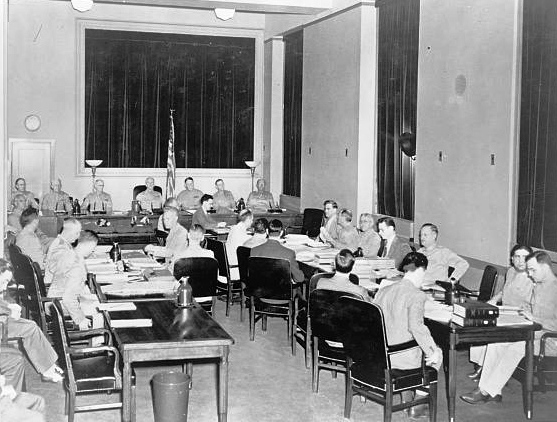Swank
and debonair
- Joined
- Feb 25, 2022
- Messages
- 2,756
Unless they would have all been shot down flying unescorted across an ocean to a country with radar.Yes, and anyway if Hitler had wanted to bomb New York he could have used Focke-Wulf Condor airliners like this one that flew the Atlantic and landed at Floyd Bennett field in NY before the war.
Admittedly a Condor bomber version wouldn't have had the range to fly back to Europe after dropping its bombs and the crew would have had to bail out to be picked up by a U-boat, but at least Adolf would have scored a propaganda victory by bragging "I bombed New York"..
View attachment 131744
Maybe he could have mailed the bombs to NY?


